Retail property values fell by an average of just 6.48 per cent in 2008 – highlighting the resilience of the sector compared to others in the UK economy.
According to Christie + Co’s annual Business Outlook report, notable deals in the forecourt sector in 2008 included the Co-operative Group’s £1.56 billion purchase of Somerfield, and Leopard No.2 Investments Ltd’s acquisition of the 62-strong Petrol Express business for £51.66 million.
The company described the drop in average retail property values as "modest compared to those reported by other business property sectors, highlighting the steady flow of transactions that took place in the sector over the last 12 months".
Tony Evans, head of retail at Christie + Co, said: “The convenience store, CTN, off-licence and forecourt sectors, in which we operate, are certainly not immune to the global financial crisis, but they are apparently less susceptible than businesses in other areas of the retail market.
“From analysis of our agents’ deals in 2007, 35 per cent of the individual store sales completed were to first time buyers, or new to market operators. This trend has been maintained, demonstrating the sector’s resilience and showing that there’s a consistent level of confidence amongst first time buyers. Independent operators clearly continue to believe in their ability to build successful local retail businesses.”
Christie + Co’s Business Outlook publication highlights that the credit crunch has also heightened the need for consumers to seek greater value for money when they shop for food, with discount retailers such as Lidl and Aldi reporting increases in sales of circa 30%.
Evans continued: “Consumer thrift has actually created opportunities across the whole retail sector. Firstly, consumers are eating and drinking out less, due a tightening of belts and are therefore spending more on food and alcohol products for consumption at home.
“Secondly, lifestyle factors drive convenience shopping. Even if shoppers are no longer cash-rich they remain time-poor and are more inclined to do several small trips to their local store rather than one big shop at the nearest supermarket.”
The company stated that while the economic slowdown had brought a more realistic approach to prices and extended deal timeframes, transactions were still taking place and would continue to do so. However, there would also be some victims of the economic downturn.
Evans said: “With many of the seasoned retailers waiting for potential bargains to come into play in the coming months, we believe that 2009 will continue to highlight the fact that people’s appetite for this ever-changing market remains strong.”








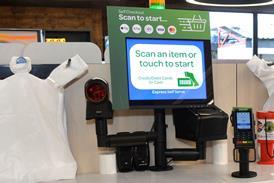

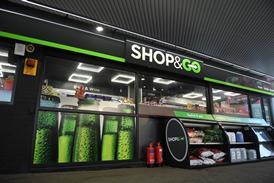

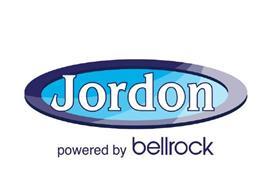




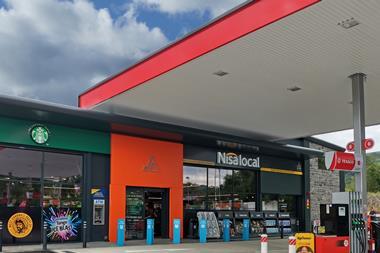
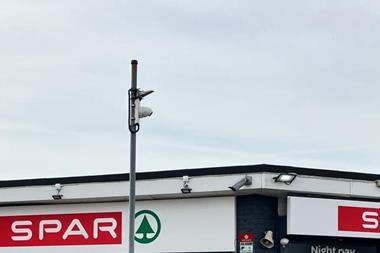










No comments yet